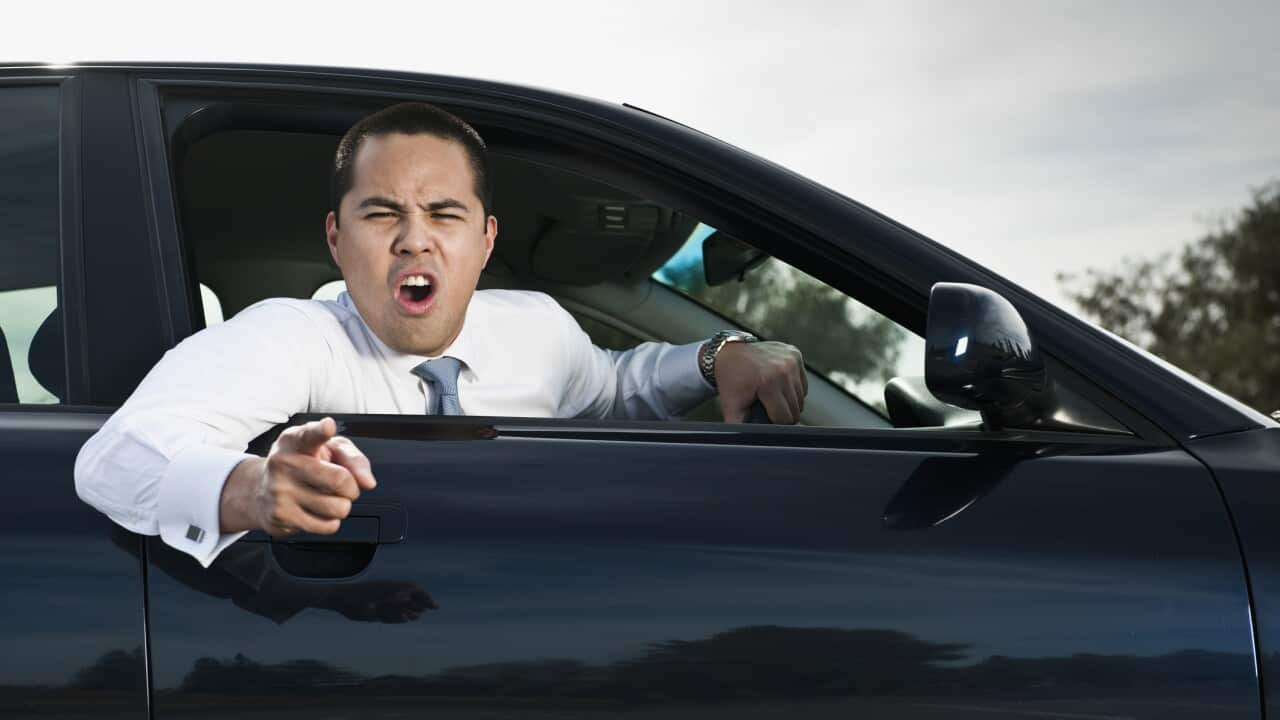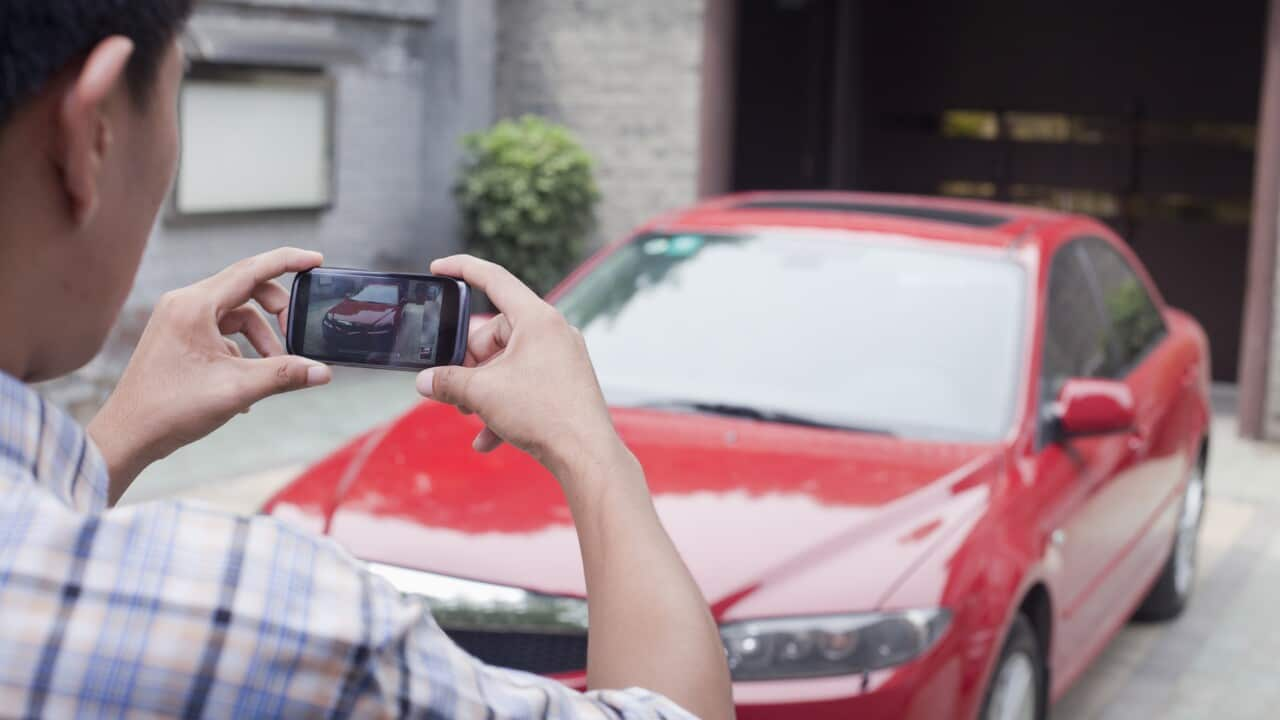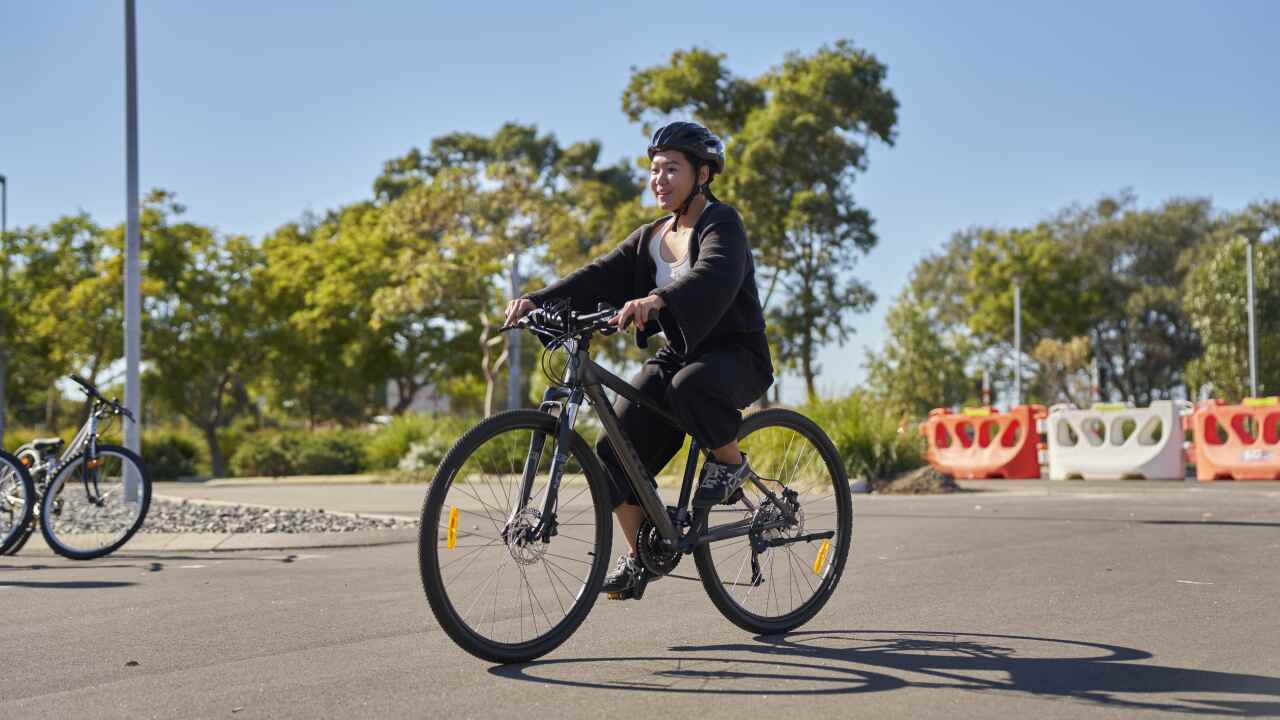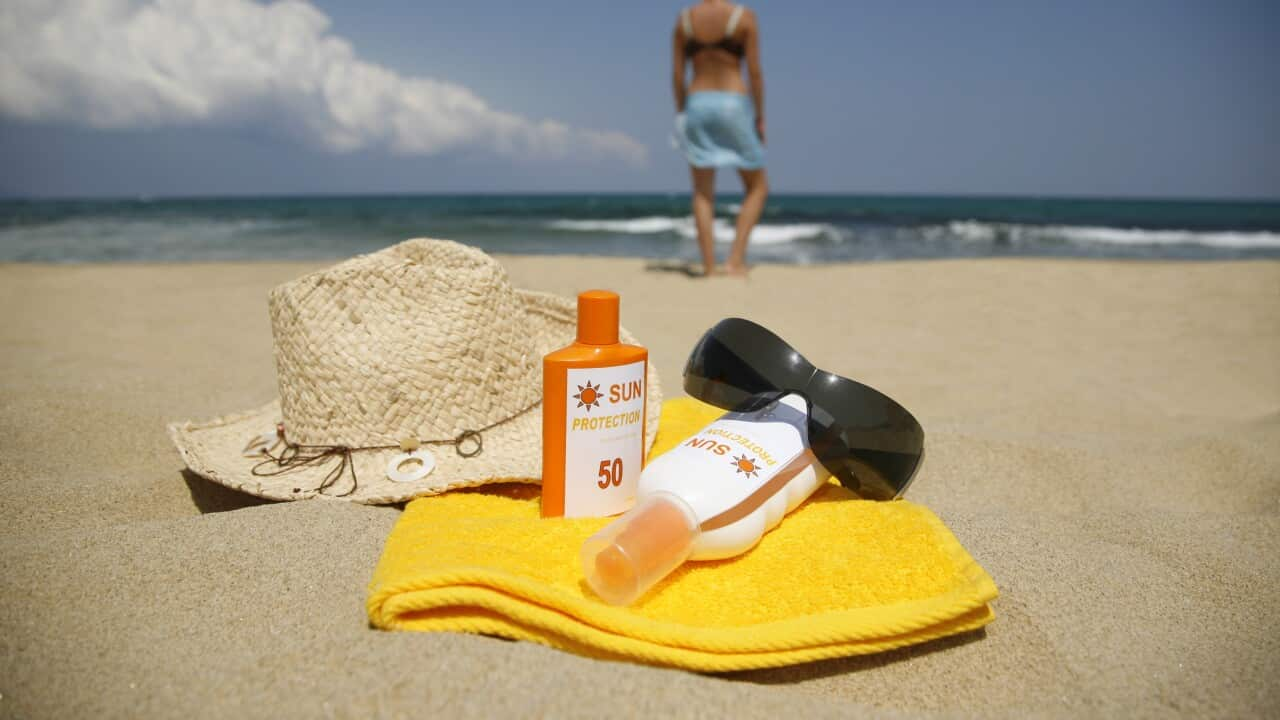Key Points
- Aggressive driving and road rage can be triggered by both personal and external factors
- Don’t try to retaliate if you are at the receiving end of a road rage incident
- Give other drivers the benefit of the doubt when they make a mistake
Being licensed to drive goes hand in hand with being courteous to other drivers.
But the choices some people make behind the wheel when angry or frustrated can cause angst for others on the road and jeopardise road safety.
While there are no official statistics on road rage incidents, a 2024 conducted by comparison site Finder suggests that three in four Australians have experienced road rage while driving.

Impatient woman gesturing while driving car during rush hour in the city Credit: freemixer/Getty Images
He says aggressive driving behaviour can be the result of personal beliefs and prejudice, based on gender and age of other drivers for example, or individual interpretations of a driving-related event.
“Like believing that people are doing something on the road deliberately to you; they deliberately cut me off is a good example.”
External stressors can also play a role.
“Time pressure is a big one. For people who are rushing from one place to another, if something delays them in the traffic that can be a trigger to road rage.”
What makes any road rage behaviour likely to lead to unsafe driving is the illusion of control that the driver falls into.
“When we're angry, we're very focused, we're trying to get the person who was the transgressor. We can at those times believe falsely that we've got exceptional driving ability which can further motivate the risky driving behaviour,” Prof Kilby explains.
“So, that is a problem of course, the sense that we've got more superior skill than the other drivers on the road.”

Angry Middle Eastern man Attacking Another Driver Sitting In Car Credit: DjelicS/Getty Images
Common road rage behaviours include deliberately braking or slowing suddenly to irritate or impede others, pursuing another vehicle, excessive speeding, flicking lights on and off to get other drivers to move out of the way and tailgating.
In Victoria alone approximately 2000 fines are estimated to be issued every year for tailgating incidents.
James Williams, Head of Policy at the Royal Automobile Club of Victoria (RACV), breaks down what tailgating is.
“It’s not about a specific number of centimetres or distance between one vehicle and the next, because obviously it comes down to context and what's happening in the road situation.
“It’s when you are too close to the car in front of you for a sustained period of time. It is defined in the law as the failure to drive a sufficient distance behind a vehicle.”

Road rage in itself is an offence, however actions associated with aggressive driving compromising road safety are penalised. Credit: John W. Banagan/Getty Images
“If it escalates to a point where the motorist is being followed, whether there is assault or violence towards them, in those sorts of serious road rage incidents, it's really important that if you feel unsafe or unfit to drive that you contact Police and get yourself to a safe place,” Mr Williams says.
If you find yourself at the receiving end of a road rage behaviour, try to keep your calm and remove yourself from the situation by letting the other person drive past or pulling over safely.
“It's important that you don't engage in any behaviour that will further antagonise or inflame the situation,” Mr Williams adds.
Road rage and insurance
Typically, car insurance providers will cover material damage resulting from road rage.
Finder’s insurance expert, Tim Bennett, says it would most likely be the offender’s car insurance company paying the cost. He outlines the key actions you need to take after an incident.
“The ideal outcome is… that both cars stop and get each other's details.
“That's not always possible, especially if someone's being aggressive. If that's the case, try to document what happened as quickly as possible. At the very least, try and get that licence plate number as quickly as you can.”

Cyclists and pedestrians are road users who are also potential targets of road rage behaviours. Credit: olaser/Getty Images
“I think that's fairly reasonable. If you are at fault in any sort of crash or incident that requires an insurance payout, your premiums will go up,” Mr Bennett explains.
“Unfortunately, it can also happen that someone who is the victim of a road rage incident and has to make a claim can sometimes see an impact on their premiums. For example, a no claim bonus can be lost as a result of it, but it does depend on your insurer.”
What if I am just the passenger?
Finding yourself in a road rage situation as a passenger of the driver exhibiting that behaviour can also be very stressful.
Prof Kirby explains why.
“Because you can feel powerless in those situations. And of course your life is also important and possibly at risk depending on the nature of the behaviour.”
The optimal response depends on several factors including your relationship with the driver.
“If you say things like ‘calm down’ that often isn't received very well by the other person. In fact, it can act as a kind of red flag to a bull.”
Instead, the key initial action he recommends is to try to validate their experience of feeling upset about the situation, saying things like ‘that was terrible’ or ‘that looked difficult’.

You can try several strategies as a passenger to calm down the driver amidst a road age incident, but their effectiveness will depend on the nature and quality of your relationship. Credit: PixelsEffect/Getty Images
“You might offer a suggestion, depending on how well you know the person. ‘What if we turn the radio on?’ and ‘what if you just jump away from this person?’ or ‘hey, do you want to pull over?’”
Ultimately, safe, and responsible driving requires being attentive and understanding every time you are behind the wheel.
“Unfortunately, mistakes on the road are dangerous and that's why we can sometimes go too far in our reaction,” Prof Kilby says.
“My advice is try not to jump to conclusions and be as forgiving as you can. There's no need to get into a tit for tat situation.”

If a person consistently engages in road rage behaviour, psychological therapy can help them deal with the management and expression of their anger, Prof Kirby says. Source: Moment RF / Fiordaliso/Getty Images
Bad driving behaviour can also be reported by calling Crimestoppers on 1800 333 000.















